
3601. A 1-Dimensional Diagram For Extensive Rent With Markup Pricing
Robert Vienneau analyzes the relationship between relative markups in industry and agriculture through a detailed examination of wage and rent curves.
your daily dose of economic commentary

Robert Vienneau analyzes the relationship between relative markups in industry and agriculture through a detailed examination of wage and rent curves.
The author discusses the futility of appeasing populist demands on immigration, highlighting the negative consequences of such politics, particularly in the context of Brexit.

Regan discusses the parallels between no-fault divorce and bankruptcy laws, exploring their implications for commitment and societal views on marriage.
The author discusses Rachel Reeves' investment strategies as Chancellor, emphasizing the need for long-term political risk-taking for better outcomes.
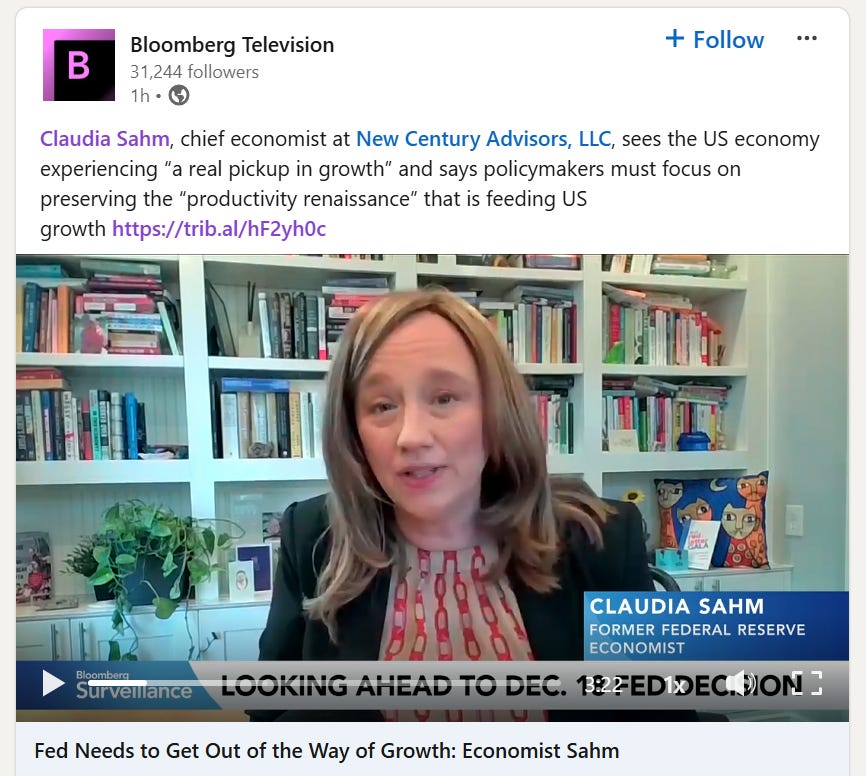
Claudia Sahm discusses the importance of productivity growth and how policies can sustain it, emphasizing the role of new businesses and a dynamic labor market.
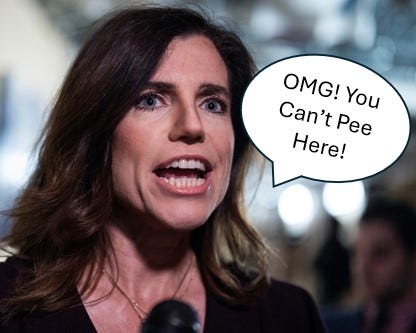
Regan discusses the intersection of gender identity and bathroom access, arguing that TERFs hold social constructivist views on gender despite their opposition to trans inclusion.
The author discusses the government's role in protecting citizens from external economic shocks, analyzing the implications of price increases and potential fiscal responses.

Joshua Gans reflects on the impact of AI on concert experiences, concluding that it will likely have minimal transformative effects in this context.

Jon Hartley interviews Jesus Fernández-Villaverde about economic growth, institutions, macroeconomic modeling, and the challenges in undergraduate economics education.
The author discusses the balance between freedom of speech and the need for media regulation to prevent harm and misinformation, emphasizing the role of independent regulators like OFCOM.

Regan discusses how fashion serves as a form of self-expression and communication, influenced by the perceptions of others and cultural context.
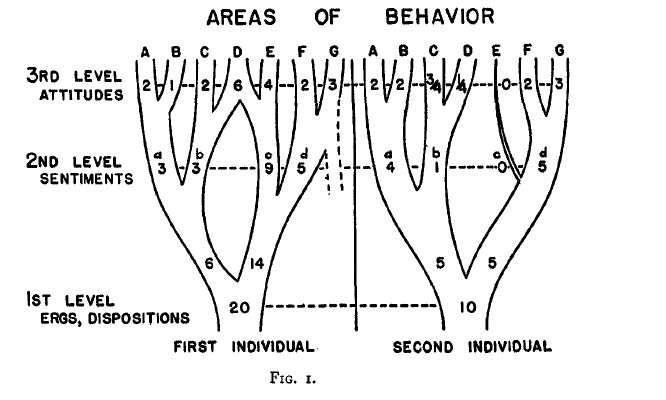
Regan explores the structure of worldviews, their formation, and their influence on beliefs and societal differences, drawing parallels with personality models.
The author analyzes Trump's appeal to voters, focusing on economic concerns and the lack of information influencing electoral decisions, particularly among lower-income groups.

Claudia Sahm discusses the misconceptions surrounding inflation and unemployment, advocating for better tools to manage inflation beyond traditional monetary policy.
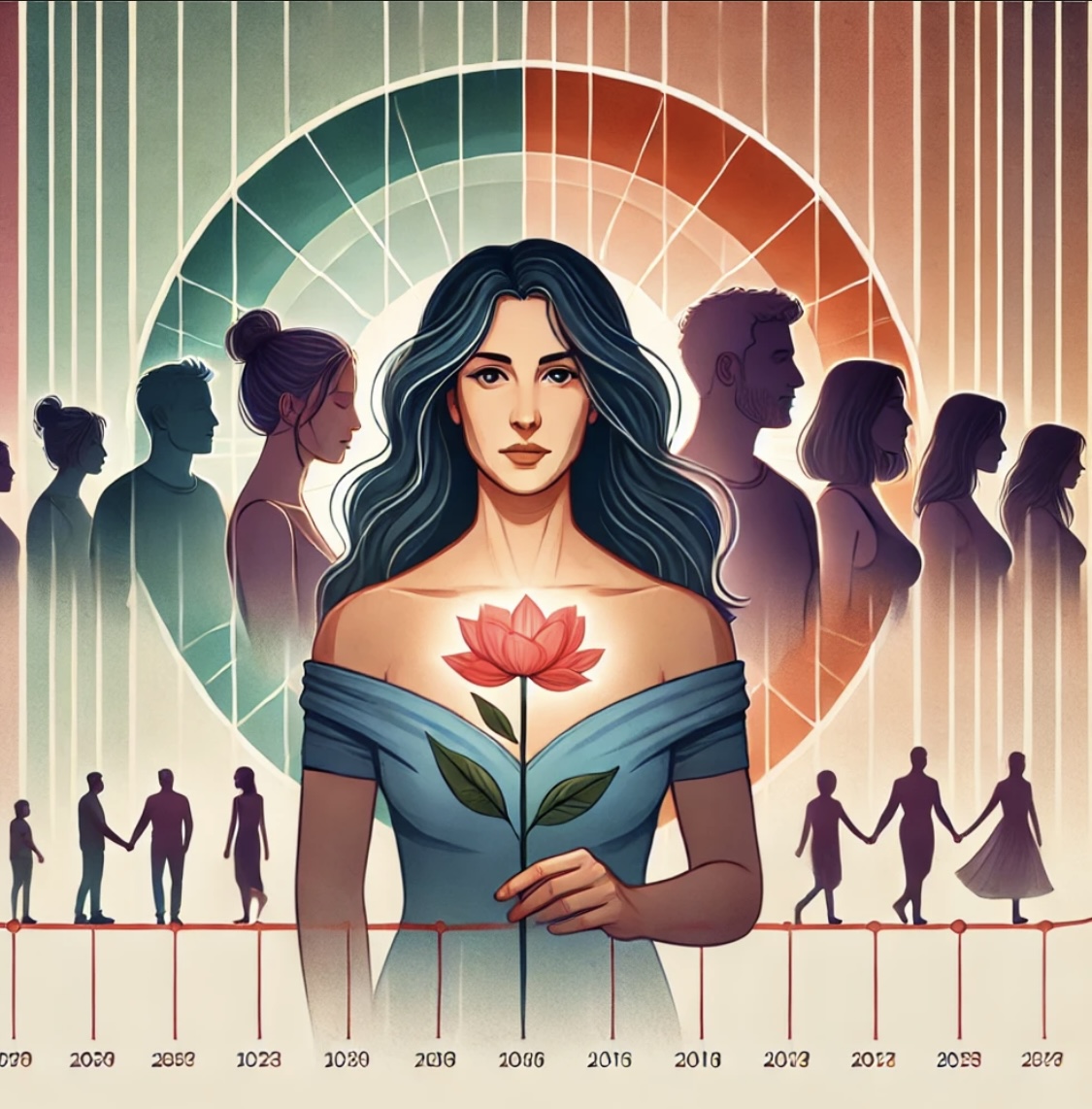
Regan reflects on the benefits of being in a long-term relationship, arguing that it fosters personal growth and understanding, contrary to the belief that being single is essential for self-discovery.

Regan discusses the societal shift towards marrying later and argues for the normalization of young marriage to address declining fertility rates.
The author critiques media portrayals of economic events, particularly the Budget's impact on financial markets and the misinterpretation of economic stability, emphasizing the disconnect between economics and politics.

Regan discusses the complexities of political disagreements, emphasizing the inadequacy of the left-right binary to capture diverse worldviews and moral values.
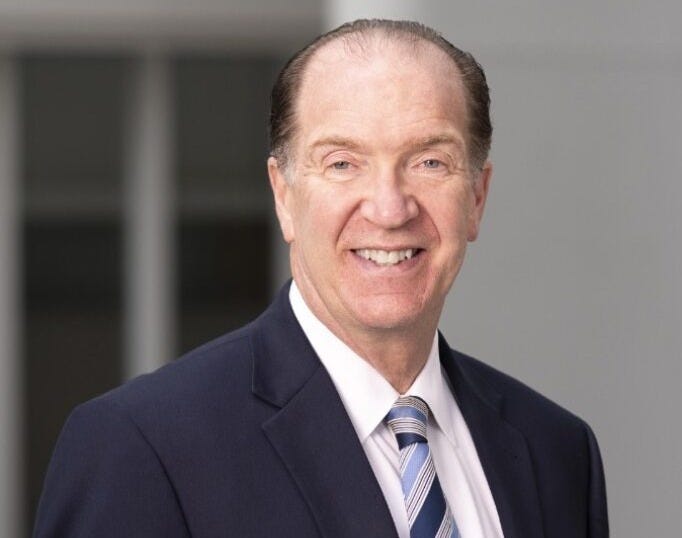
Jon Hartley interviews David Malpass about his career, the impact of COVID-19, inflation, China's role in finance, and climate policy in the early 2020s.
The author analyzes Rachel Reeves' budget plans, highlighting modest improvements in public investment and spending while addressing the implications of fiscal rules and taxation.